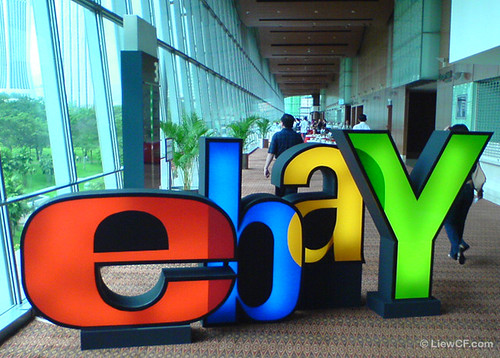Europe’s Confused eBay Liability Rule

My colleague Courtney Long and I have been posting about a series of contradictory decisions regarding whether eBay should be held liable for the fraudulent actions of its sellers. French courts held the online auction company liable for some of its users’ sales of fake Louis Vuitton purses, but a US court ruled that eBay was not liable for sales of fake Tiffany-branded items.
Apparently, the disagreement isn’t just between the US and Europe – the peril of facing multiple regulatory jurisdictions that all internet companies face. There’s also dissent within the EU. Belgium just rejected L’Oreal’s claims against eBay.
The EU should follow Belgium’s lead, not France’s. In the US, sensible provisions like Section 230 of the Communications Decency Act and the DMCA’s safe harbor provisions limit websites’ liability for its users’ actions. As I wrote earlier:
The International Herald Tribune’s bloggers note that the rulings could set a scary precedent for all internet commerce. Imagine if Craig’s List was responsible for verifying the accuracy of every post – or if Match.com had to ensure that its users were actually as funny and attractive as they claim in their online profiles.
Ebay, Amazon Marketplace, Craig’s List, and even Match.com are essentially smarter online versions of classified ads. They do not sell fake goods. They just have sites on which some individuals sell fake goods. Holding them liable for what others do is a dangerous move.
Look for more on this in a later Philosopher’s Corner on the Principle of Intervening Action.